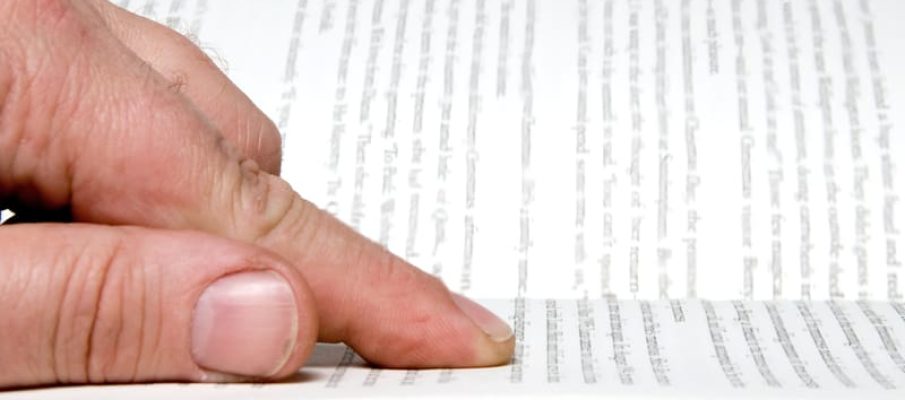Please allow me to rant a little. It’s the end of the day. A long and tedious one as well.
At the end of the day, I sometimes like a mug of hot chocolate. Sometimes it’s nice to have a little red wine at the end of the day. I sometimes like to curl up with a good book at the end of the day. Or sometimes I will watch a film.
Those are the things I like to do at the end of the day.
I attended a meeting today, and someone talked about what would happen “at the end of the day” on four different occasions. The problem was that he wasn’t talking about the end of the day at all. He said things like, “At the end of the day, it’s our people who make the difference.”
“At the end of the day” seemed to be a banal and meaningless punctuation mark he used to decorate his uninteresting comments. He was using what some people call corporate speak, those meaningless expressions that add nothing to the conversation and should be deleted from anyone’s repertoire of phrases. I find expressions like these annoying at the beginning of the day, in the middle of the day, and at the end of the day.
The trouble with expressions like these is that they say absolutely nothing. They are jargon of the worst order and can be deleted without subtracting substance.
I cannot help feeling that we can take our organizations to the next level (yes, that is parody!) by ridding them of this kind of meaningless drivel. But doing so would be like boiling the ocean!
Here are a few examples of the kind of language I am talking about:
boil the ocean
peel the onion
bring to the table
take to the next level
the end of the day
moving forward
So what do you think? Do these phrases add anything to meetings besides tedium? Or do they improve the business environment? Or do you have your own pet peeve phrases? We’d love to hear your comments!












